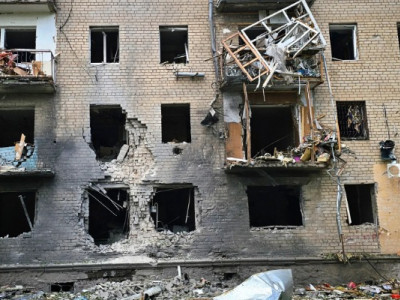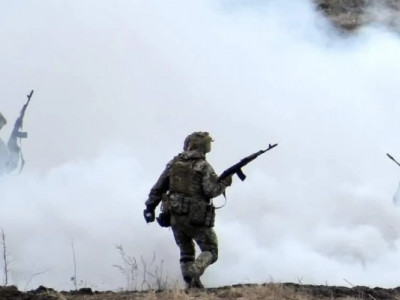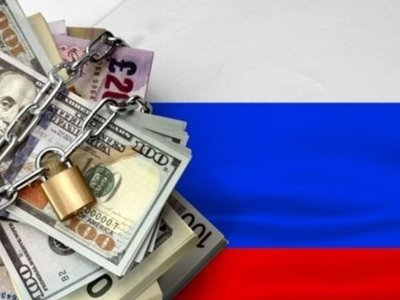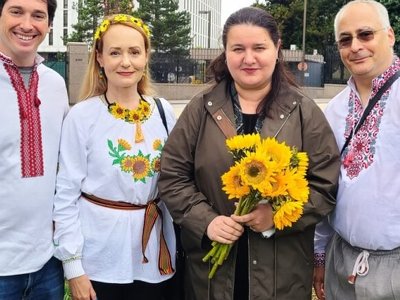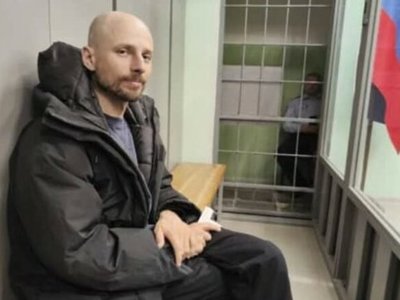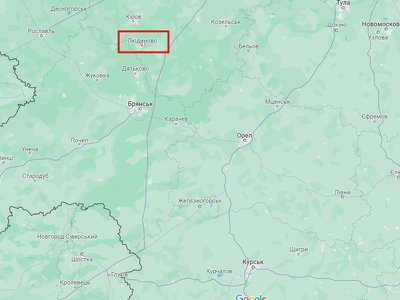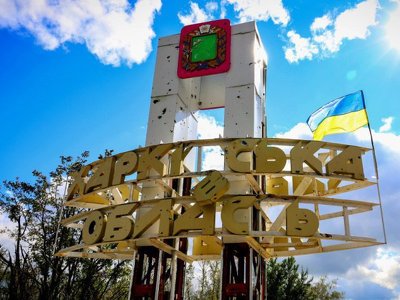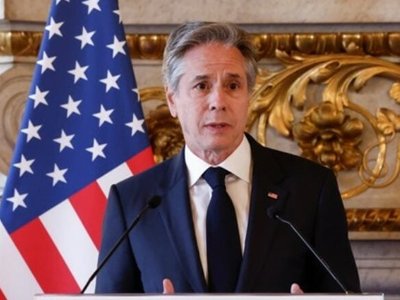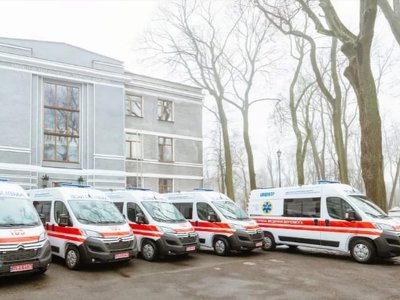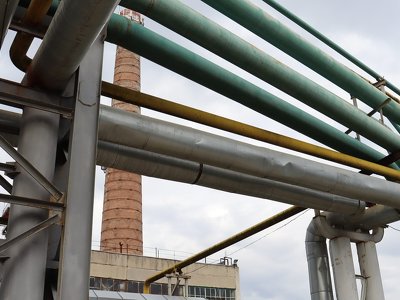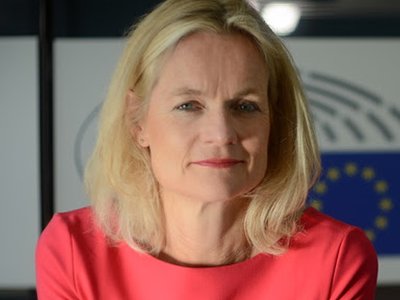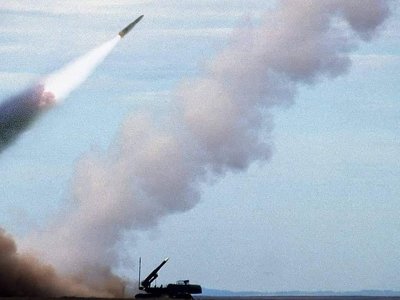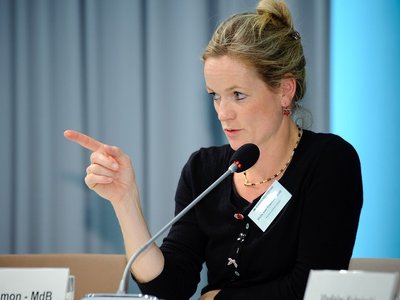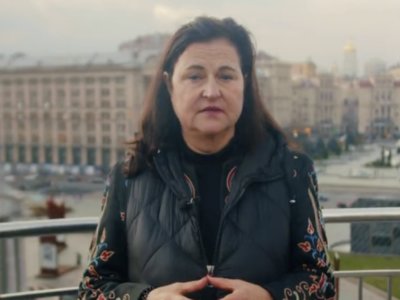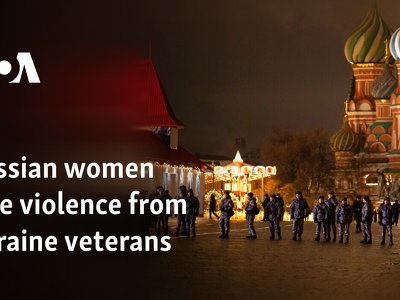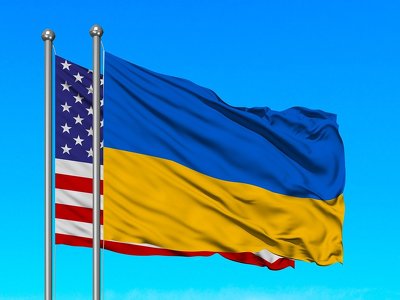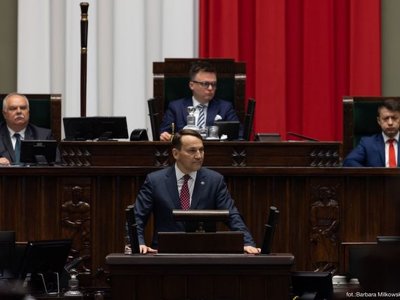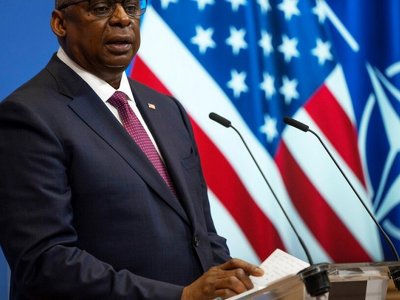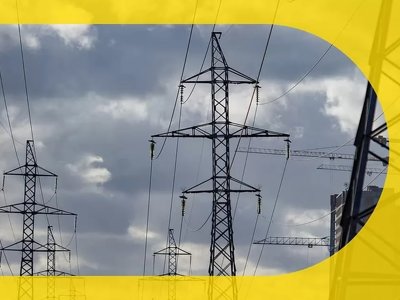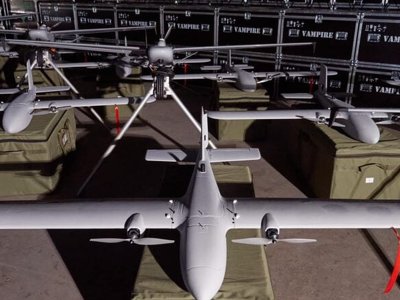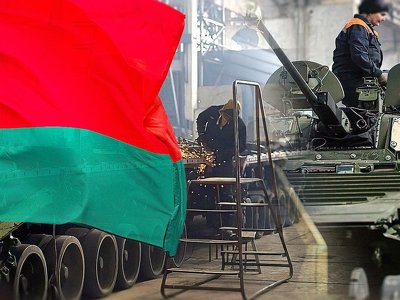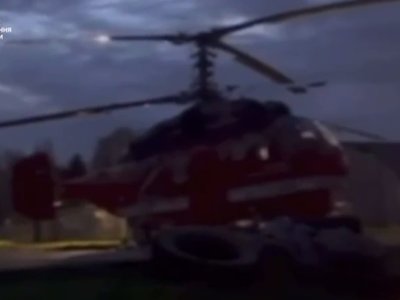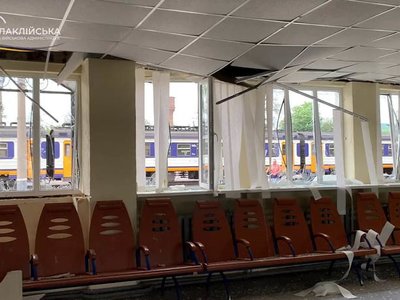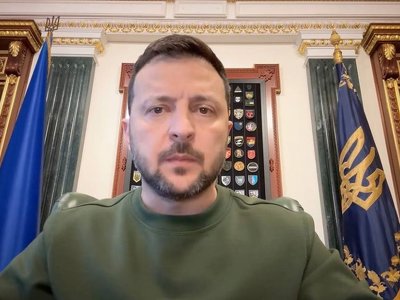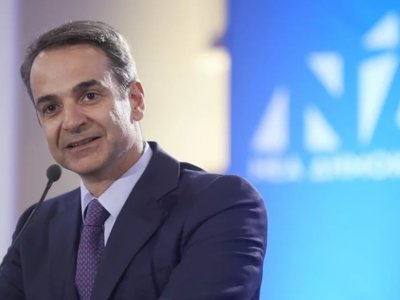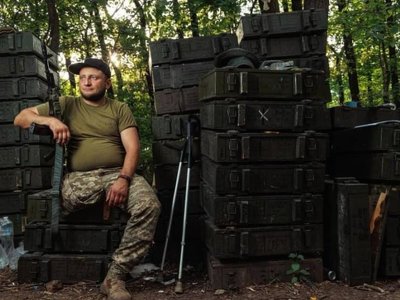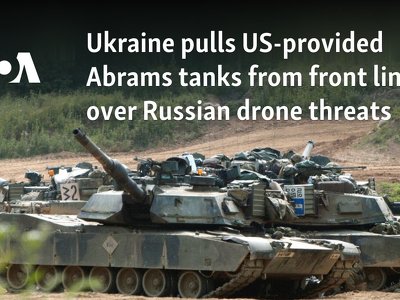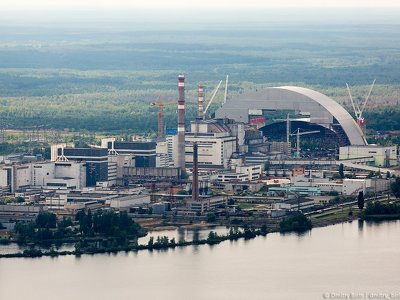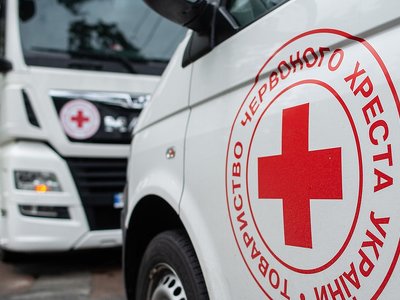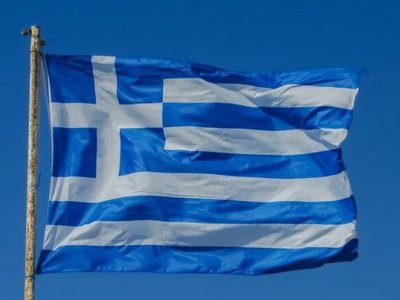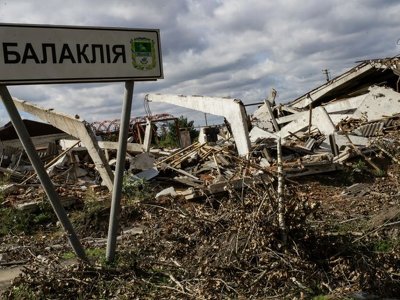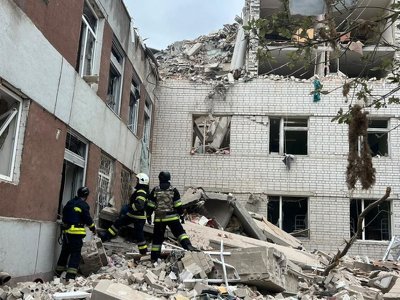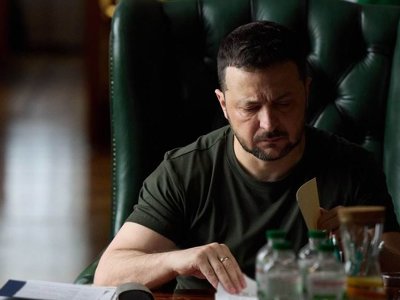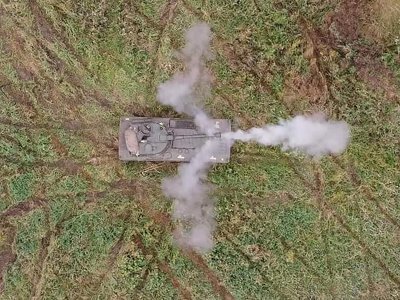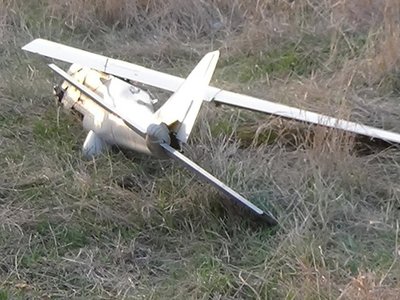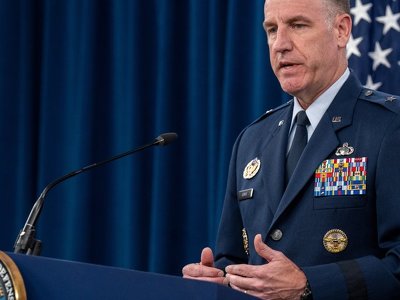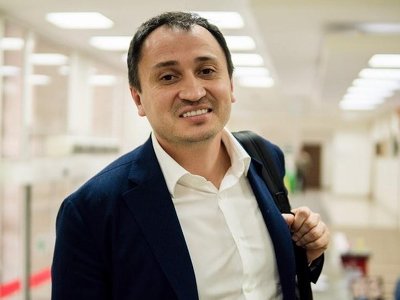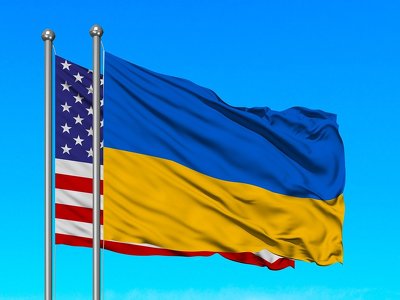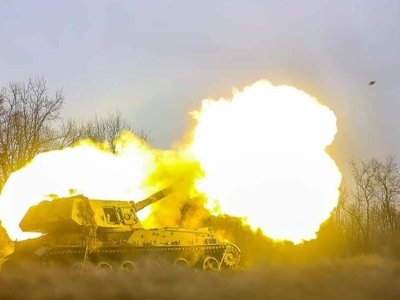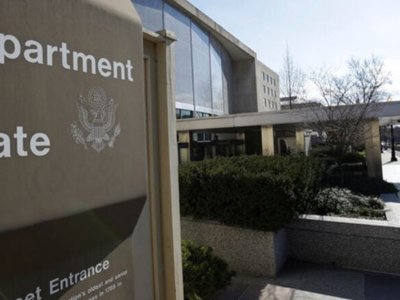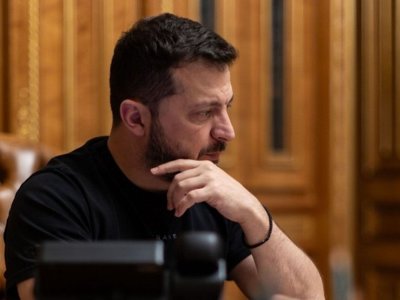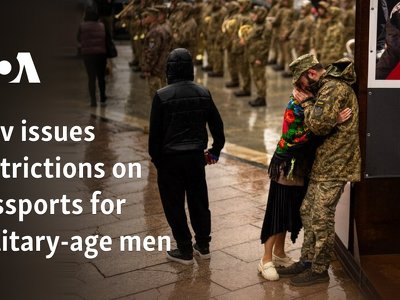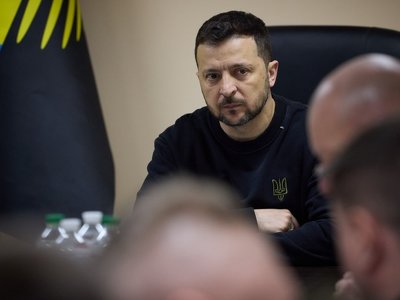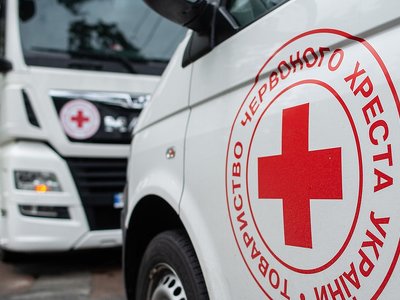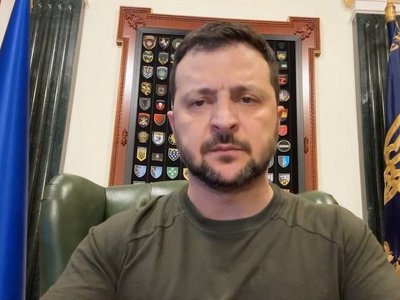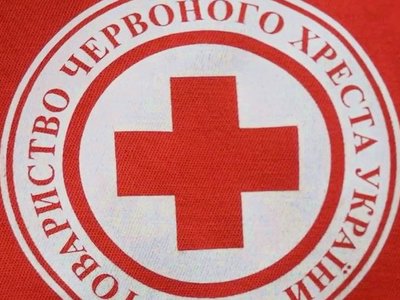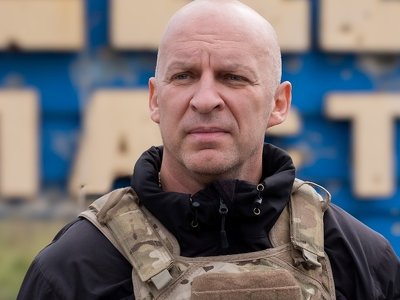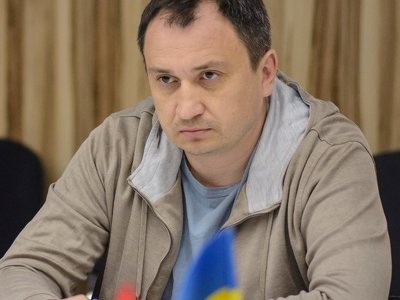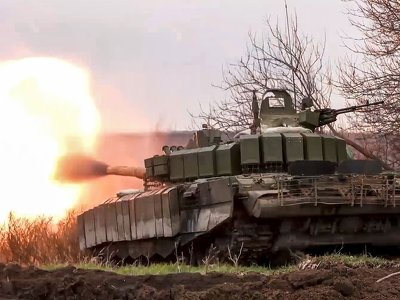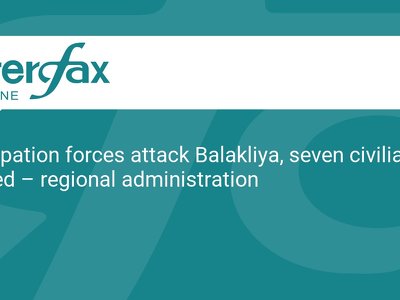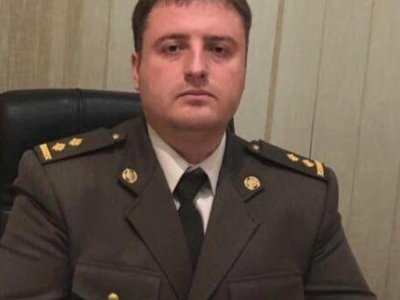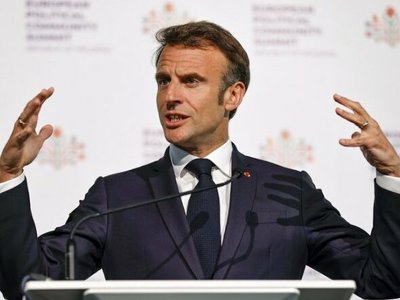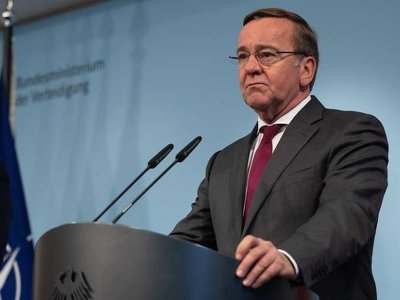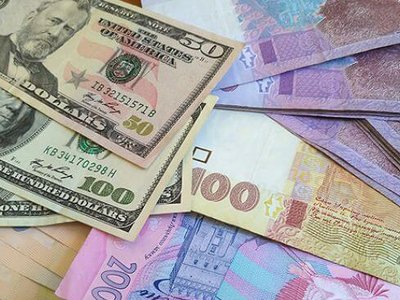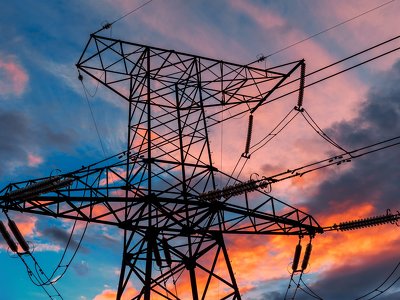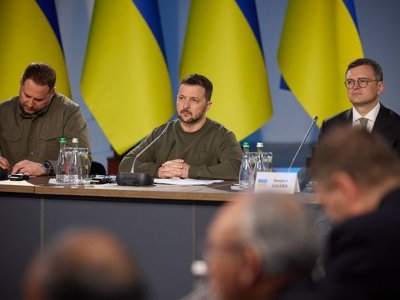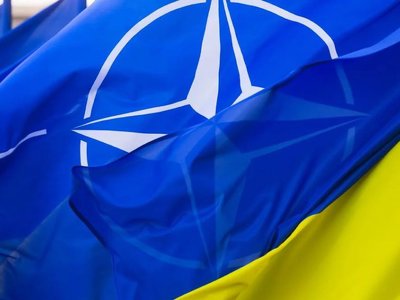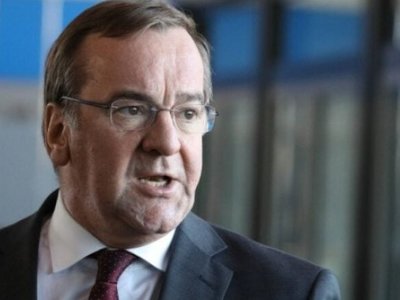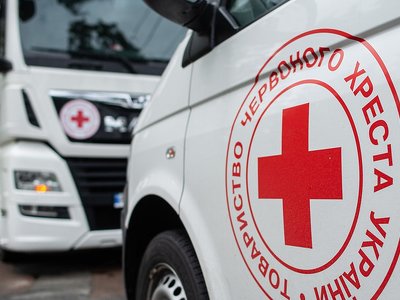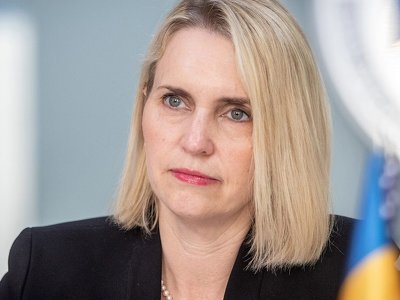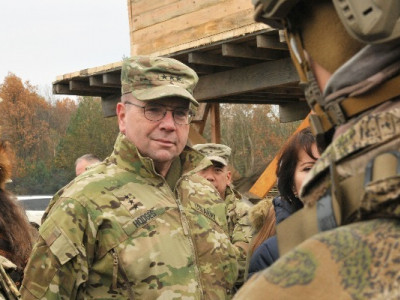Why the South Caucasus became Russia’s new target and what could stop it

In recent years, while all of Russia's resources and attention were focused on its war against Ukraine and confrontation with the West, countries in the South Caucasus have significantly strengthened their independence and begun to move out of Russia’s orbit.
Now, Russia seeks to regain full control over the South Caucasus.
Read more about why this attempt could backfire and lead to a complete loss of the region in the column by Ali Karimli, head of the Azerbaijani Popular Front Party: The Caucasus counteroffensive: Why Putin picked a fight with Azerbaijan.
The author emphasises that the current Russian leadership has essentially declared the return of the South Caucasus to the Kremlin’s sphere of influence a top priority.
According to him, Russia’s options in Georgia are limited due to its occupation of parts of the country’s territory. Although the current government of the Georgian Dream is the most pro-Russian administration to date, Georgia simply cannot have a government that openly and officially calls Russia an ally.
"That’s why the Kremlin’s imperial efforts this summer have focused primarily on Azerbaijan and Armenia," Karimli notes.
He recalls that in Armenia, a destabilisation campaign was launched to overthrow Prime Minister Nikol Pashinyan. The anti-government movement involved the Armenian Apostolic Church and Russian-Armenian oligarchs.
So far, Pashinyan’s government has successfully resisted these pro-Russian attempts to stage a coup. However, Karimli warns that Moscow is unlikely to abandon these plans and may drag them out over time.
"In Azerbaijan, Moscow has chosen a different tactic–heavy-handed pressure designed to force Baku into submission," the author writes.
Mass arrests (over 50 people) and the brutal murders of two Azerbaijanis in Yekaterinburg became part of Russia’s strategy to intimidate the Azerbaijani government.
Karimli believes the Kremlin understands full well that Azerbaijan faces serious social challenges, and the forced return of millions of Azerbaijanis from Russia could generate major unrest. That’s why the attack targeted this vulnerable area, he argues.
"Baku responded to Kremlin pressure not with concessions, but by arresting Russian citizens in Azerbaijan," Karimli highlights.
According to him, President Ilham Aliyev is beginning to realise that being an ally of Russia might actually be more dangerous than being its opponent.
"Moscow was not prepared for this turn of events," the author asserts.
At the same time, it’s clear that both sides are trying to avoid escalating the conflict beyond the point of no return. As Karimli suggests, neither side wants to burn all bridges.
"We, the Azerbaijani opposition, including the Popular Front Party and the National Council of Democratic Forces, view Russia’s imperial ambitions as a serious threat to our country. We demand the annulment of the declaration of alliance signed by Aliyev and Putin on 22 February 2022," the politician stresses.
He believes this should be accompanied by active integration of Azerbaijan into the European Union: "Only closer ties with Europe can strengthen guarantees of our national independence, ensure sustainable economic development, and provide real protections for human rights and freedoms in Azerbaijan."
Another blow to the Kremlin’s imperial strategy this summer, Karimli argues, is the decision by two South Caucasus nations, who for centuries were pitted against each other by Moscow, to reject war.
Armenians and Azerbaijanis no longer want to serve the Kremlin with their blood.
- Last
- Top
- February, 05
-
-
-
-
- April, 28
-
-
-
-
-
-
- April, 27
-
-
-
-
-
-
-
-
-
News by day
11 of July 2025

